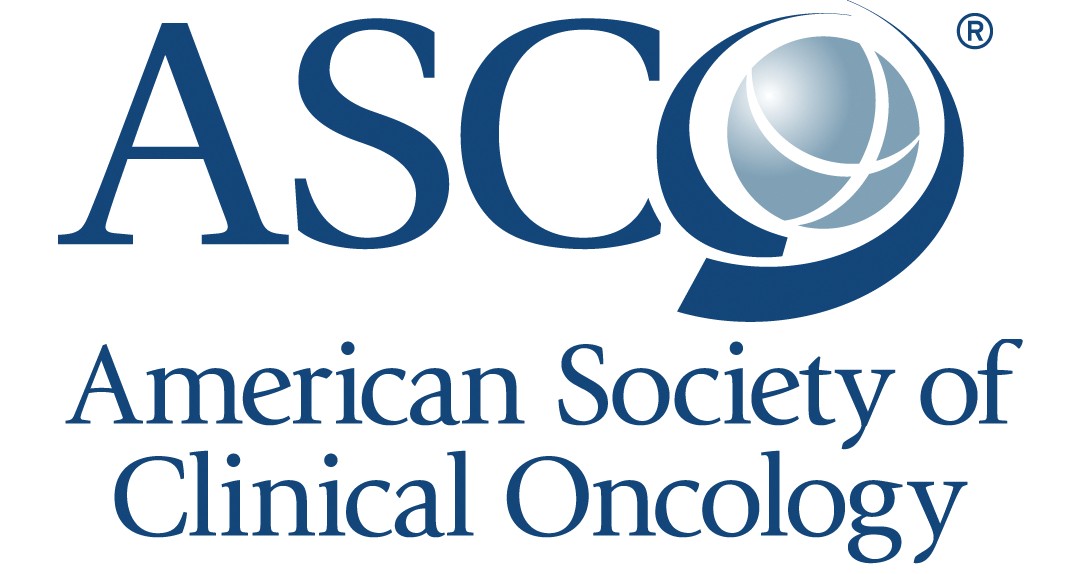Share this Page:
This paper was presented at the American Society of Clinical Oncology (ASCO) 2019 annual meeting in Chicago earlier this week.
Human endogenous retrovirus (hERV) is an ancient virus that is found in the human genome; about 8% of the human genome is hERV. HERVs have been inherited by successive generations and it is possible that some have biological benefits. However, several hERVs have been implicated in certain cancers and autoimmune diseases.
In this phase II study, researchers looked at tumour genetic material to determine whether hERV levels correlate with nivolumab efficacy in patients with metastatic clear cell renal cell carcinoma (RCC). Patients with high levels of a hERV called hERV4700 ENV had significantly longer median progression-free survival and immune-related progression-free survival compared with patients with low hERV4700 ENV (7.0 and 8.5 months vs 2.6 and 2.9 months, respectively). Objective response rates and immune-related objective response rates were also significantly higher in patients with high hERV4700 ENV compared with patients who had low hERV4700 ENV (35.6% and 35.6% vs 12.5% and 8.3%, respectively).
These findings suggest that hERV4700 ENV levels can be used as a biomarker to predict outcomes with nivolumab treatment in patients with metastatic clear cell RCC. A phase III trial designed to validate these results and investigate the correlation of hERV levels with immune markers is ongoing.















